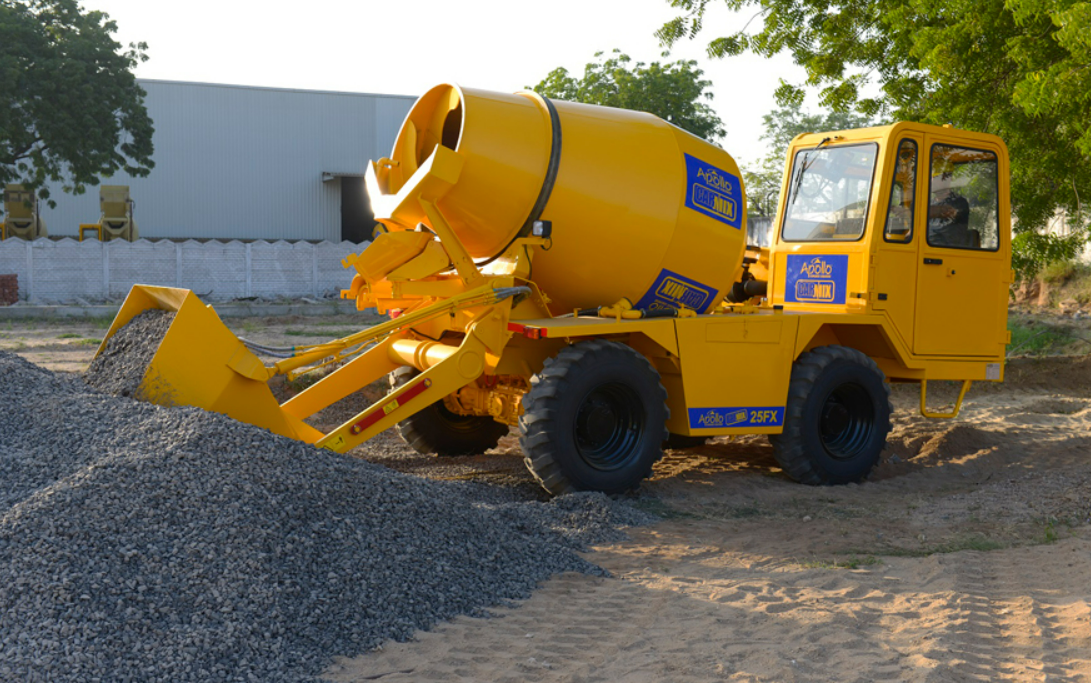Ready Mix Concrete is a type of concrete that is mixed at any manufacturing unit. It is then transported to the site by transit mixer. Ready Mix Concrete eliminates the necessity of storing material at the site.
Ready Mix Concrete is often used at construction sites where it is not feasible or not easy to produce concrete at the site. Ready Mix Concrete usage is increasing day by day along with concrete admixtures.
You can calculate how much Ready Mix Concrete you need with this handy RMC Calculator.
Read Also – Different Types of Admixtures Used in Concrete
Advantages of Ready Mix Concrete
-
Better quality control
As in the case of RMC use of automatic batching machines is done, and higher accuracy can be achieved for mixing.
-
No need to store materials at the site
If at the site, there is little space to store the material, RMC would be a better option.
-
Mass production is possible
As RMC plants are specifically designed to produce concrete only, it is easy to produce in bulk, and also the speed of the construction is improved. This helps in achieving speedy construction.
-
Fewer laborers are required at the site
Labors for the batching and mixing of concrete are not required.
- As batching is done with high-precision machines, the wastage of cement can be controlled.
- Dust pollution due to cement at the site can be controlled with the use of Ready Mix Concrete.
Disadvantages of Ready Mix Concrete
-
The use of a set retarder or superplasticizer is a must.
Often the site at which RMC is used and where RMC is manufactured are far away in the distance. Hence, travel time is also increased and we need to use superplasticizers.
- Many times RMC loses its workability before it reaches the site.
- Traffic during the transit of concrete also plays a role in losing workability.
- If we use transit mixers for Ready Mix Concrete then there are also chances of segregation in concrete because of continuous agitation.

Tips While Using RMC on Site-
- Check slump test results and remember to cast cubes for checking strength later on.
- Make sure that the mix will be available at site within 90 minutes of batching.
- Remember to use proper vibrators for adequate compaction of concrete.
- Begin curing after setting of the concrete.
Relevant IS Codes-
Further reading –
You can read further on Ready Mix Concrete on online civil forum
What is Prestressed Concrete?- A Bird Eye View
Losses in Prestressed Concrete – A Detailed Study
Methods to Measure Workability of Concrete
Grades of Concrete and Mix Ratio
Download IS Codes Relevant To Concrete Technology
Download IS 3370-2009 Part 1/2/3/4 [PDF]
IS 456 2000 Plain And Reinforced Concrete-Code of Practice (pdf download)